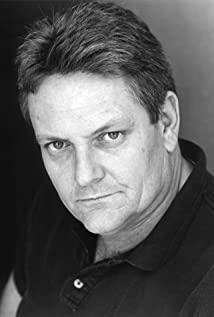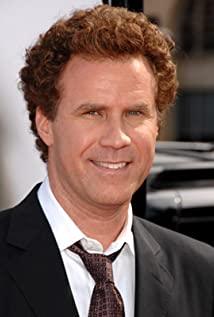As a matter of course, the story develops in two lines, Harold's and the writer's respective troubles and efforts to resolve them. Luckily their efforts paid off, Harold discovered that the writer was the "narrator" and the writer had the inspiration for how to kill Harold, yet the reward of effort did not mean the end of the troubles, in fact, a The end of a trouble is always accompanied by the beginning of another, more intractable trouble. Harold didn't want to die so early, but was moved by the death the writer envisioned for him. The writer spent ten years writing this masterpiece, but he never imagined that the price was the death of a living person. Life and death lie on a tangled line, and the test is one's conscience. If the tragic ending of the novel is poignant and touching, then the ending of the story is bizarre and infuriating. As a result, the writer gave up the perfect ending and her habit and purpose of writing, and Harold not only became a saving hero, Fortunately, he survived, which is the best of both worlds. The ending of such a story is completely unsurprising, so the film takes a sensational route at the end to highlight Harold's noble character, and summarizes it with a long philosophical and emotional sentence, pointing out the meaning of the film and its impact on life and life. Attitude to life can determine a person's life. However, with the emergence of a happy ending, like a disillusioned tragic novel, the film also tends to be flat, which is a bit paradoxical. But for the first half full of novelty and fun, I got three stars.
First of all, the film successfully created a very characteristic and different character from ordinary people-Harold, a person who is step-by-step, unchangeable, and mechanically boring. The most annoying and unbearable thing for people is the breaking of the law and the occurrence of accidents. But when the coincidence becomes inevitable, when the unknown becomes a given, when daily life is restrained, monitored or even manipulated by a mysterious force, when death is foretold but has no clue about the exact information such as time, place, cause, method, process, etc. Become thrilling and creepy. The appearance of the death notice made the already messy life more chaotic and hateful, and made the already neurotic Harold more restless, but at the same time, the words of the professor and Anna gave him inspiration, and he began to re-examine the colorful outer world. And the heart that has been hidden for a long time. Eating desserts, learning the guitar, falling in love, Harold lived a very different life in the last days of his life, but he lived the happiest life inconceivably, which he never expected.
From fearing death, to facing death calmly, to actively embracing the rest of his life, Harold finally understands that only by discovering, enjoying, and thanking the beauty of life can we appreciate the beauty of life, and only by creating the beauty of life can we create the value of life , this is the true meaning of life and life. And these good things are actually around you, delicious food, pleasant scenery, beautiful music, wonderful novels, intimate whispers, lover's hands and hugs, carefully selected small gifts, intimate encouragement and warm comfort. . . These dispensable embellishments just affect the elements that cannot be ignored in life, and constitute the most important bits and pieces of life, which are subtle and strange. Therefore, Harold suddenly chose to accept the death ending given to him by the writer. Although he is more nostalgic for life now than before, it proves the meaning and value of life, and he died well. When a person knows there is a way to avoid death, but still saves his life, and not just for the completion of a classic novel, such a person is certainly worth living, which is why the writer is finally willing to change the tragedy into a comedy.
Not only is the film interesting and inspiring, but the actors' performances are also remarkable. Will Ferrell, who is good at comedy, interprets Harold's complex and tortuous psychological process very vividly. In the future, he may consider trying dramas and even tragedies; Emma Thompson portrays the writer's sensitive, egoistic, neurotic, and unreasonable characteristics from a certain angle. The performance is incisive; on the contrary, Dustin Hoffman played a mediocre role because of the script. I wonder if he was only considered for box office appeal. The only question is whether the novel is so closely related to Harold that Harold's life is entirely influenced by the novel, and whether no one but Harold is directly affected by the novel. Of course, all science-fiction stories will encounter propositions about how to justify themselves, which may not be answered and need not be answered.
View more about Stranger Than Fiction reviews











